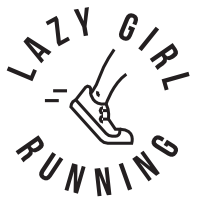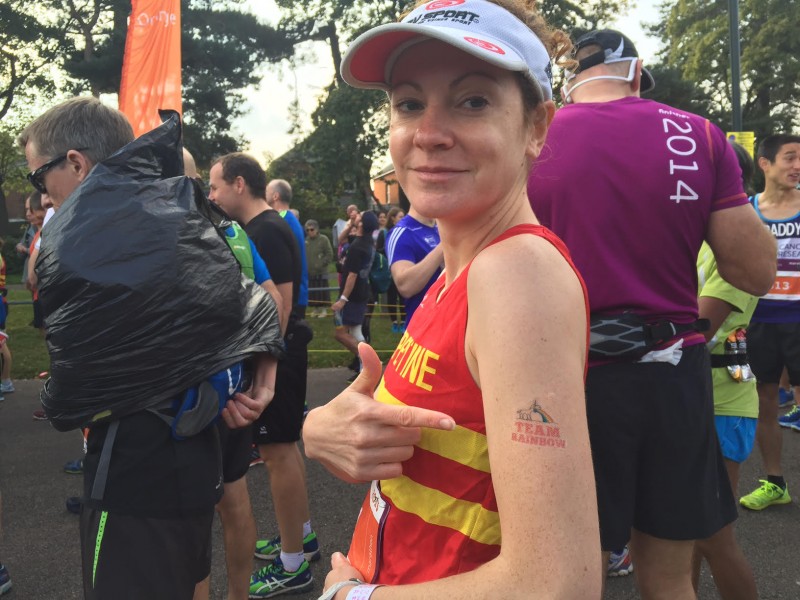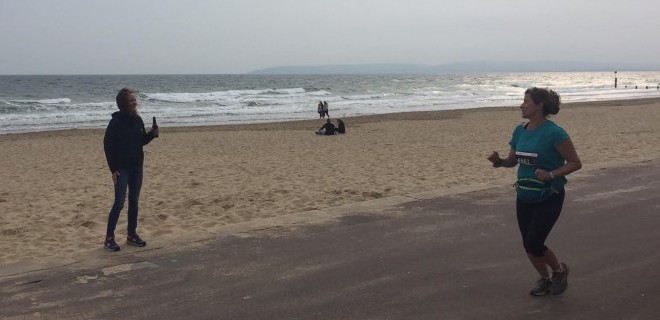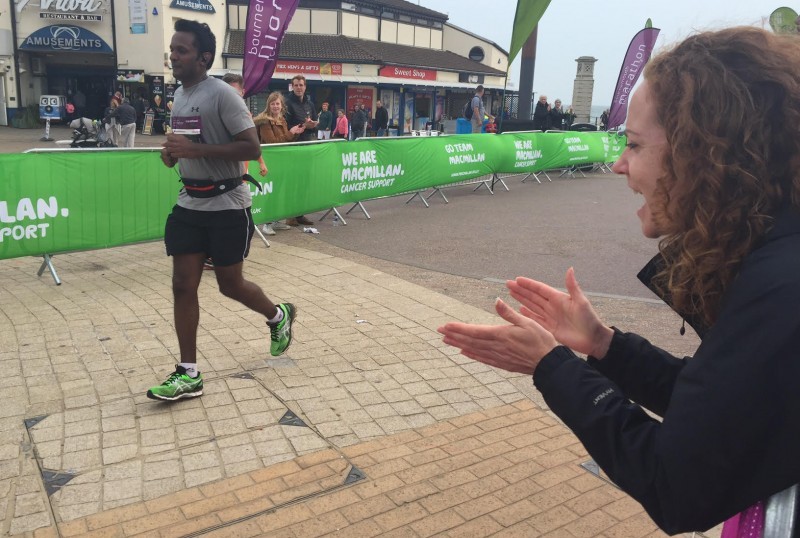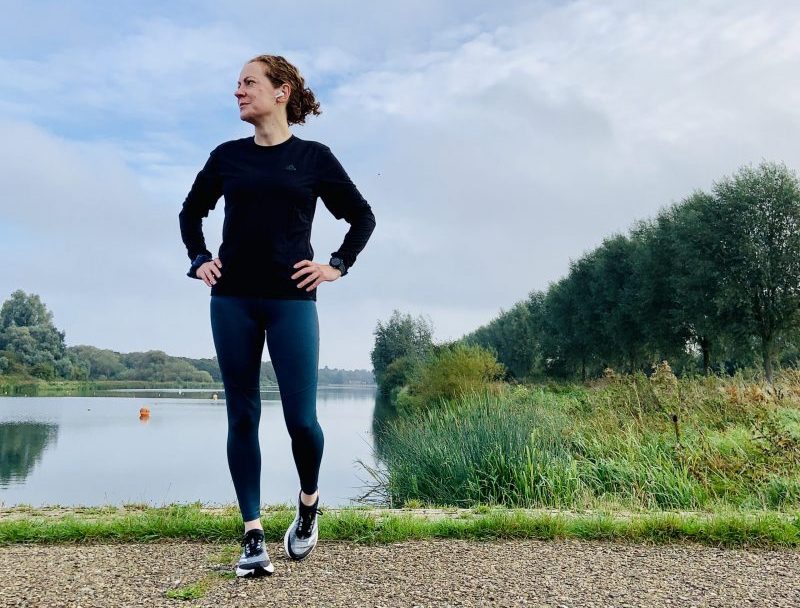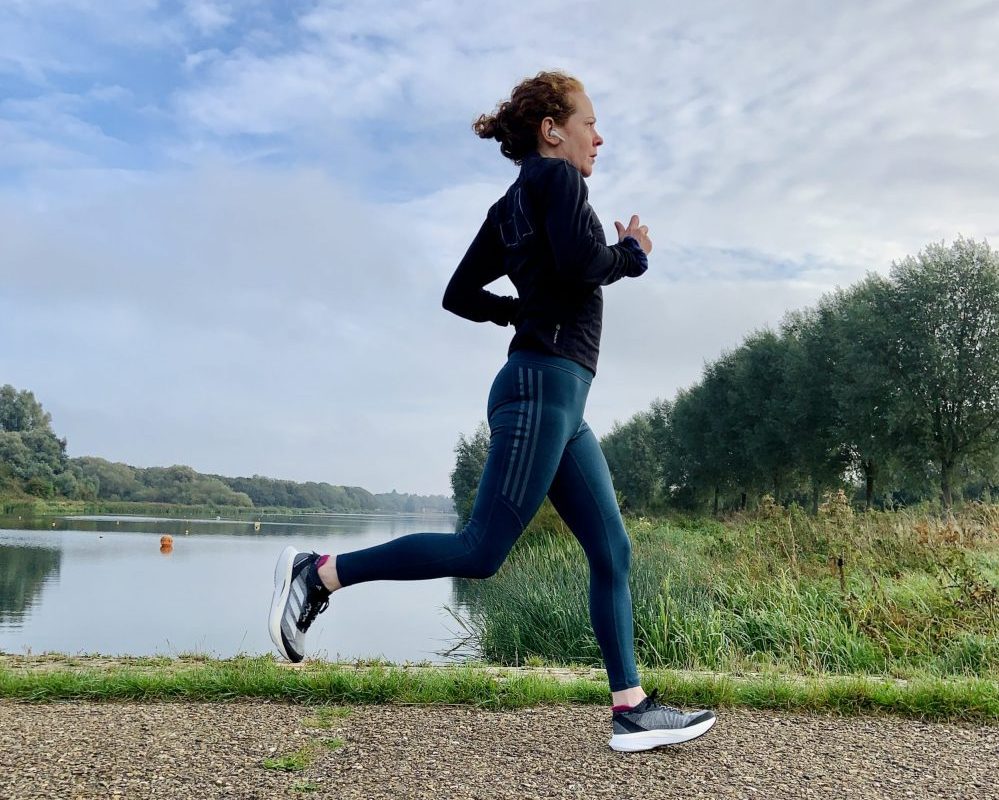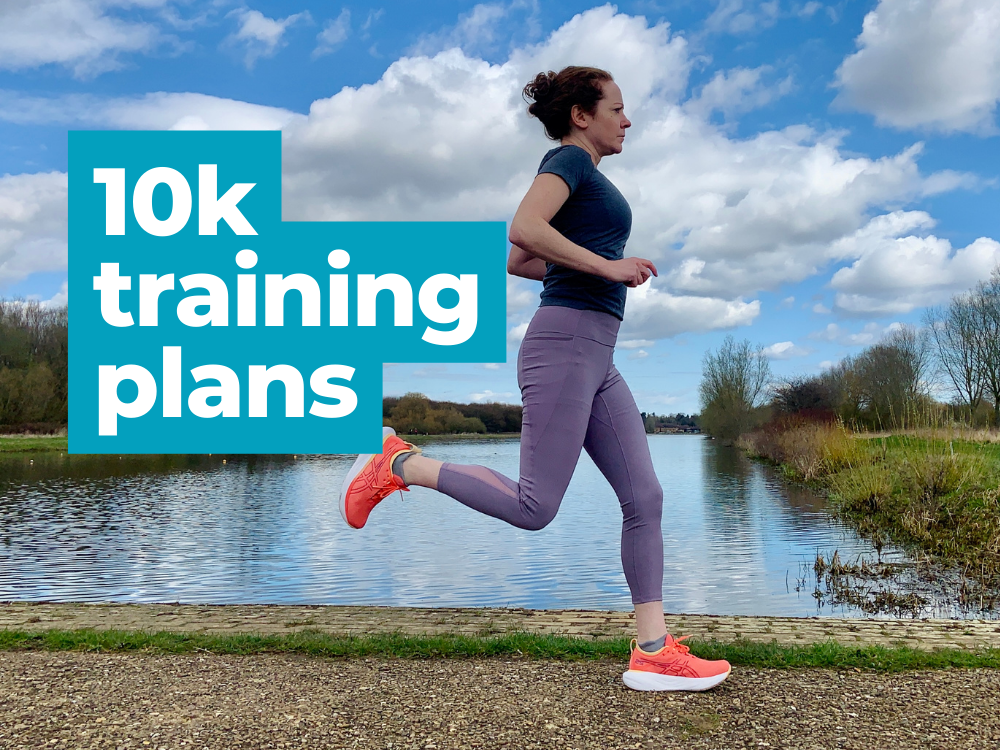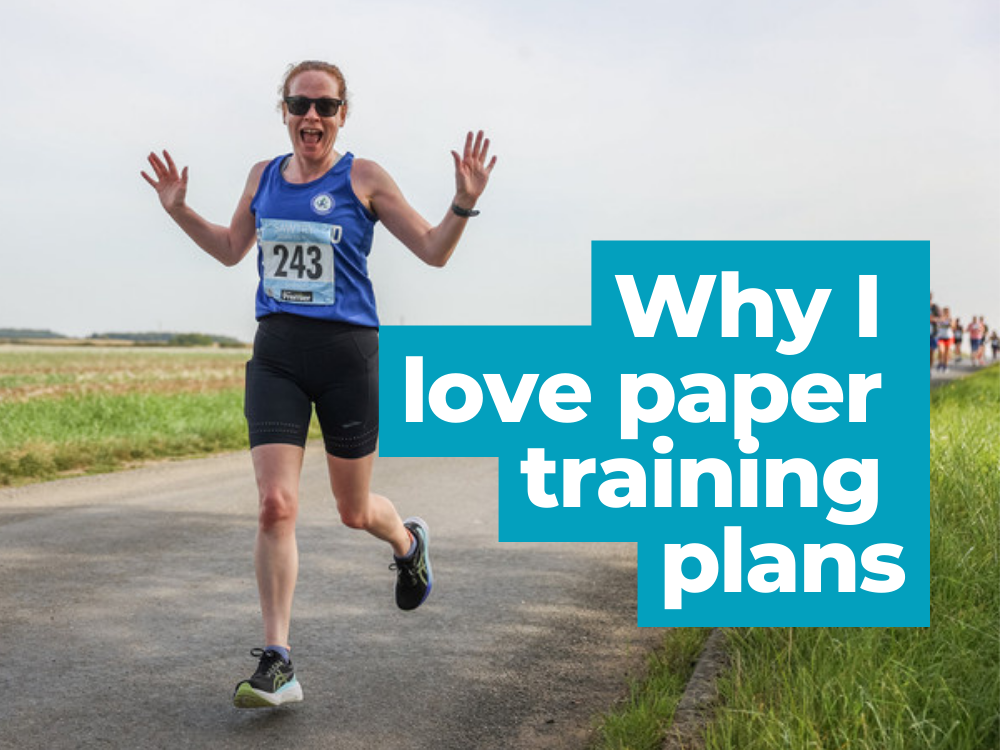Maybe I shouldn’t have started Bournemouth marathon. There were times during the week leading up to it when I thought it wouldn’t be a decision that I’d have to make not to run. That it would be out of my hands.
I hadn’t run in nearly two weeks. A niggle in my right leg after my last long run, aggravated running on cobbles in Lisbon had initiated an extreme taper. No running but cycling to keep my legs moving. I’d seen my physio who was happy for me to start but who urged that if it hurt, I was to stop.
Come Sunday morning I pinned my number on and headed to the start. I’d made my peace with the fact that I might not get a medal. I had no idea how my leg would react and I was going to be sensible.
I thought about the elite athletes and how they would behave in this situation. They wouldn’t flog their bodies and risk serious injuries for a disappointing result. They’d call it a day, aware that their body is what pays the bills and needs looking after.
I’m nowhere near being an elite and my legs don’t pay my way financially, but they’re just as valuable. 10 days of not running had made me miss it. I missed running into work in the early morning light. I missed runs with friends on the weekend. I didn’t want a month or more of sitting on the sidelines watching other people run.
We set off at 10am. Everything had gone smoothly and I was already in love with the Bournemouth marathon. The weather was perfect, the runners around me were going going the same pace as me and I met a few Serpies for a chat in the first few miles. The 8 minute miles came easily and I was holding the pace that would take me to that 3:30 goal. Everything was going better than I’d hoped. I saw GB runner Steve Way heading the other way on an out and back and gave him a cheer.
It’s difficult to articulate what made me pull up. From miles 10 to 12 I thought about it. My pace stayed steady but it got a bit harder to hold that pace. That’s understandable, that’s how marathon running works. But those missed weeks of training during the taper were starting to show. I knew I could finish. I’ve finished harder races in worse states but a 3:30 was looking doubtful. I could hang in, tough it out, maybe scrape a 3:35, probably get the 3:40 that would give my old lady legs a Boston Qualifier for my age. But at what cost? The risk of continuing began to outweigh the reward of pressing on.
As I stepped off the course just after half way I felt a bit of a fraud. The Marshall who opened the barrier for me to step through asked me if I was ok and the honest answer was, yes. I wasn’t in pain. I hadn’t hit a wall. I wasn’t unwell. And yet I had a sense (or maybe the sense) that if I’d carried on I wouldn’t be. As I walked away from the race, ahead of me I saw Steve Way, already changed and into his tracksuit doing the same.
I jogged back to my hotel. I had a shower and went for some lunch. At 1:30pm, when I’d hoped to be running under the finish gantry I was drinking a coffee in a cafe and I felt ok with that. My friend and I headed down to the seafront to cheer on the runners and watched the last official finishers cross the line. We went to a pub, had a couple of pints and as we got up to head to the station for the train my leg hurt more than it had all week.
“You made the right call” said Phil. And without any doubt, I agreed.
